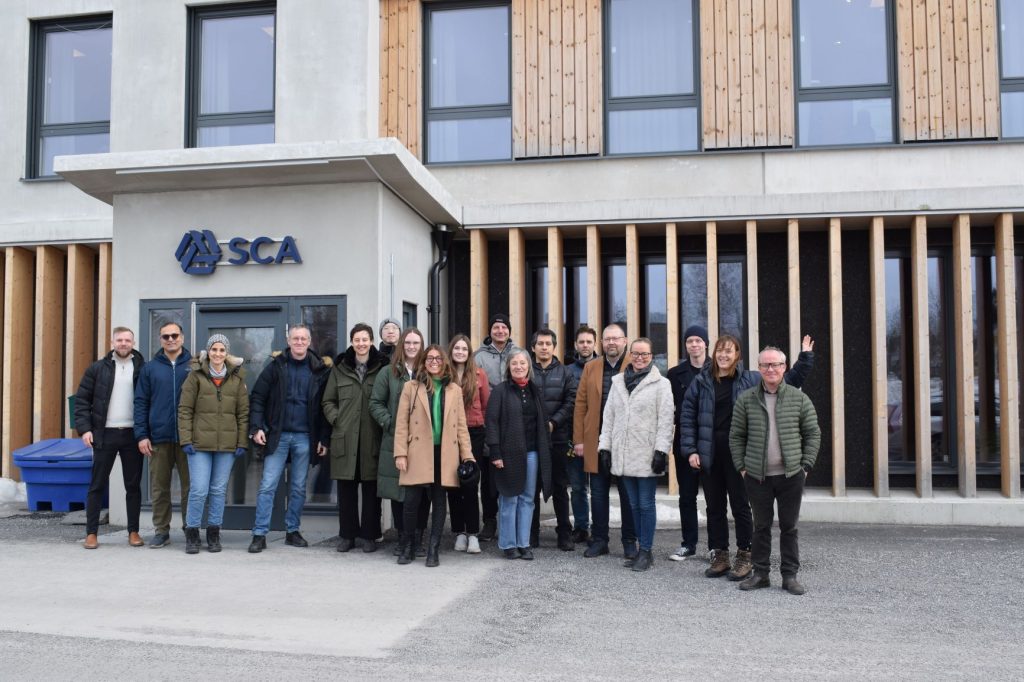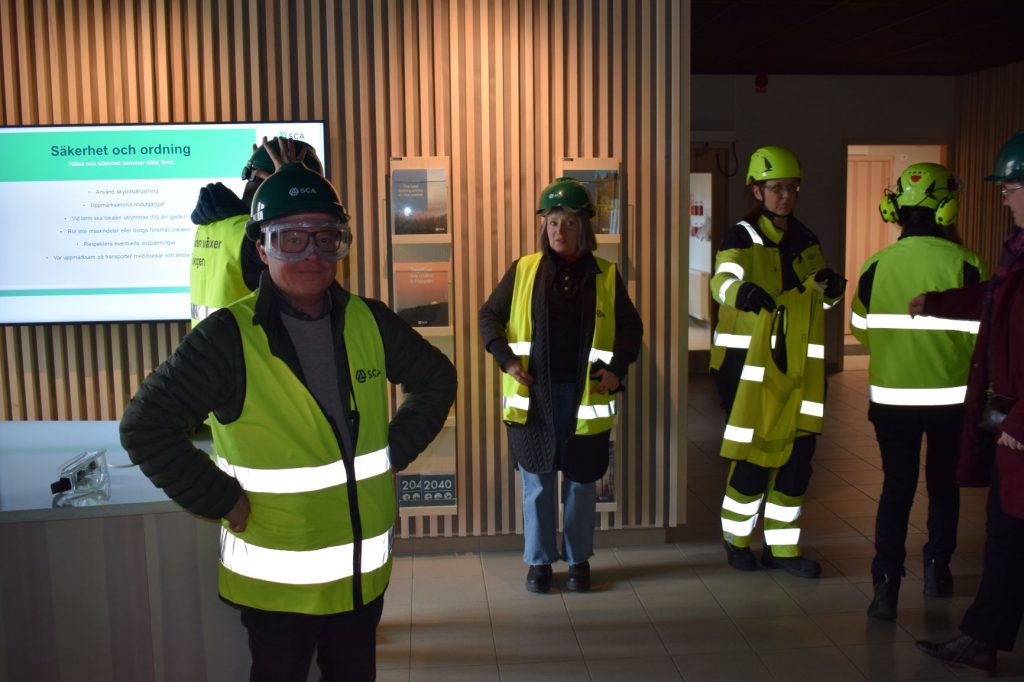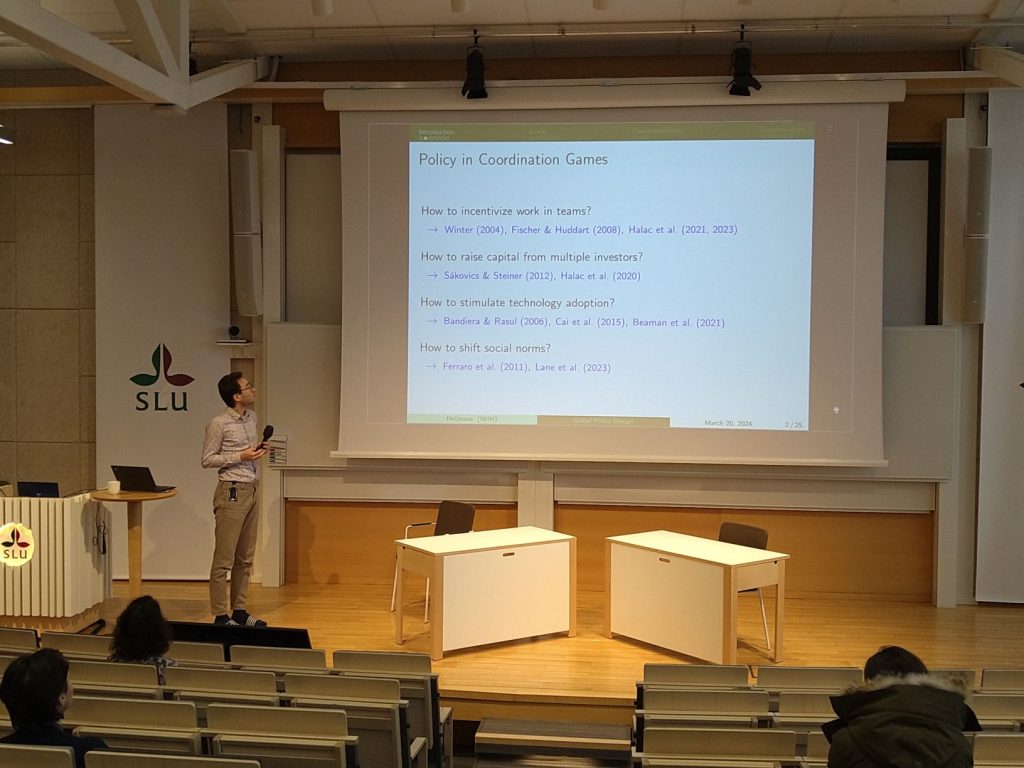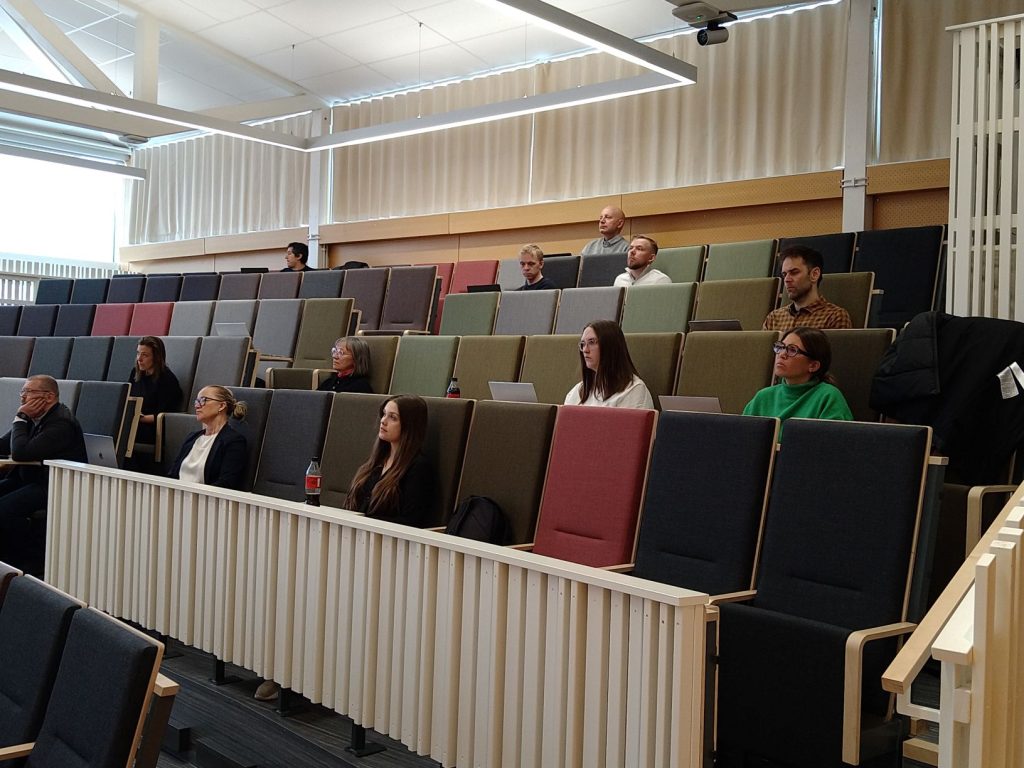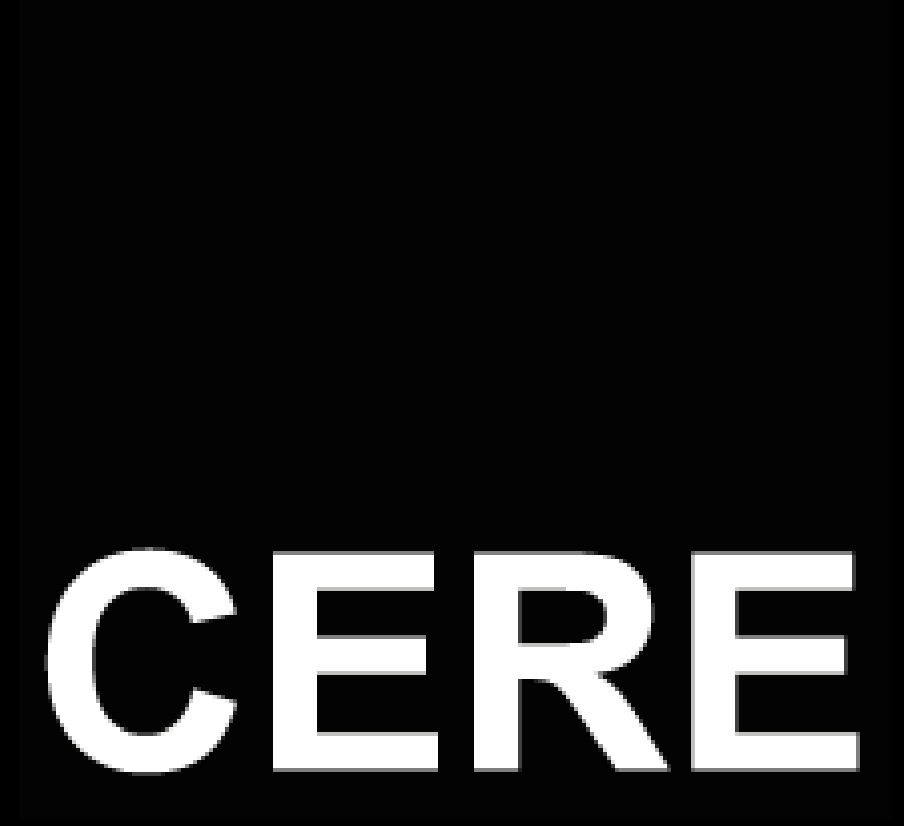For the second time CERE co-arranged its winter workshop with the environmental economics group at Luleå University of Technology (LTU). The workshop took place over two days in Umeå and included 26 participants – not only from CERE and LTU, but we also had two external presenters: Olga Heijmans-Kuryatnikova, Erasmus University Rotterdam, and Roweno Heijmans, Norwegian School of Economics. The seminars spanned topics ranging from shadow pricing ecosystem services in boreal forests to global policy design.
Like last year, when we were in Skellefteå, the workshop included an excursion. This time we went to SCA Obbola paper mill. SCA is a company with a significant environmental impact, not only through its pulp, paper and saw mills, but also through the fact that it is the largest private forest owner in Sweden.
We are already looking forward to next year’s workshop, which will be hosted by our friends in Luleå!
